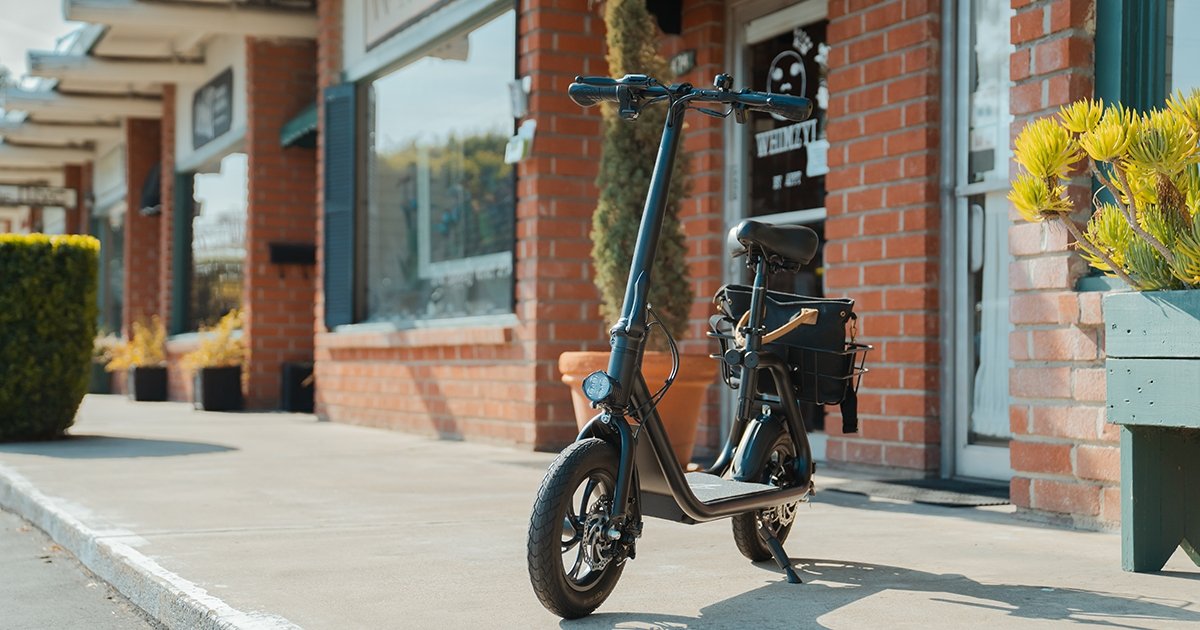If you’re fed up with the daily grind of traffic jams and polluted air in your city, it’s time to hop on board with the latest trend in urban transportation- E scooters. These sleek and efficient modes of transportation are revolutionizing the way we navigate urban areas, and with a little help from urban planning, they could be the key to a sustainable future.
Urban planning plays a crucial role in the adoption of e scooters in cities. By designing infrastructure and public spaces to accommodate these vehicles, cities can encourage their use and create a more sustainable transportation system. For example, bike lanes can be widened and dedicated to e scooter use, providing a safe and convenient pathway for riders to travel. Charging stations can also be strategically placed throughout the city, ensuring that e scooter users never run out of power.
Let’s take a look at some cities who have already considered e scooters in their urban planning. Paris, France has implemented a comprehensive e scooter sharing system, with designated parking spots and charging stations throughout the city. They have also designated certain bike lanes for e scooter use, making it easier and safer for riders to travel. San Francisco, California has established regulations for e scooter companies, requiring them to obtain permits and limit the number of vehicles in the city at any given time. The city has also designated certain streets and bike lanes for e scooter use, and has implemented a pilot program to test the effectiveness of designated parking areas.
But the benefits of e scooters go beyond just reducing traffic and emissions. They also offer a more affordable and accessible transportation option for people of all ages and abilities. With e scooters, there's no need to worry about parking or the cost of gas, making them a popular choice for short commutes and errands. Plus, they're easy to operate and require minimal physical exertion, making them a great option for people with mobility issues.
Of course, there are still challenges that need to be addressed in order to fully integrate e scooters into urban planning. Safety is a major concern, and cities must take steps to ensure that riders and pedestrians can coexist safely on the streets. Additionally, regulations around e scooter use needs to be established to prevent reckless riding and ensure that these vehicles are being used in a responsible manner.
Despite these challenges, the potential benefits of e scooters for urban planning and sustainability cannot be ignored. By designing cities with these vehicles in mind, we can create a more efficient, affordable, and eco-friendly transportation system that benefits everyone. Embrace eco-friendly transport and ride an electric scooter, it’s the future of transportation.



Share:
E Scooter Safety Tips: What You Need to Know Before Riding
5 Ways that Owning an E Scooter can Save Time and Money